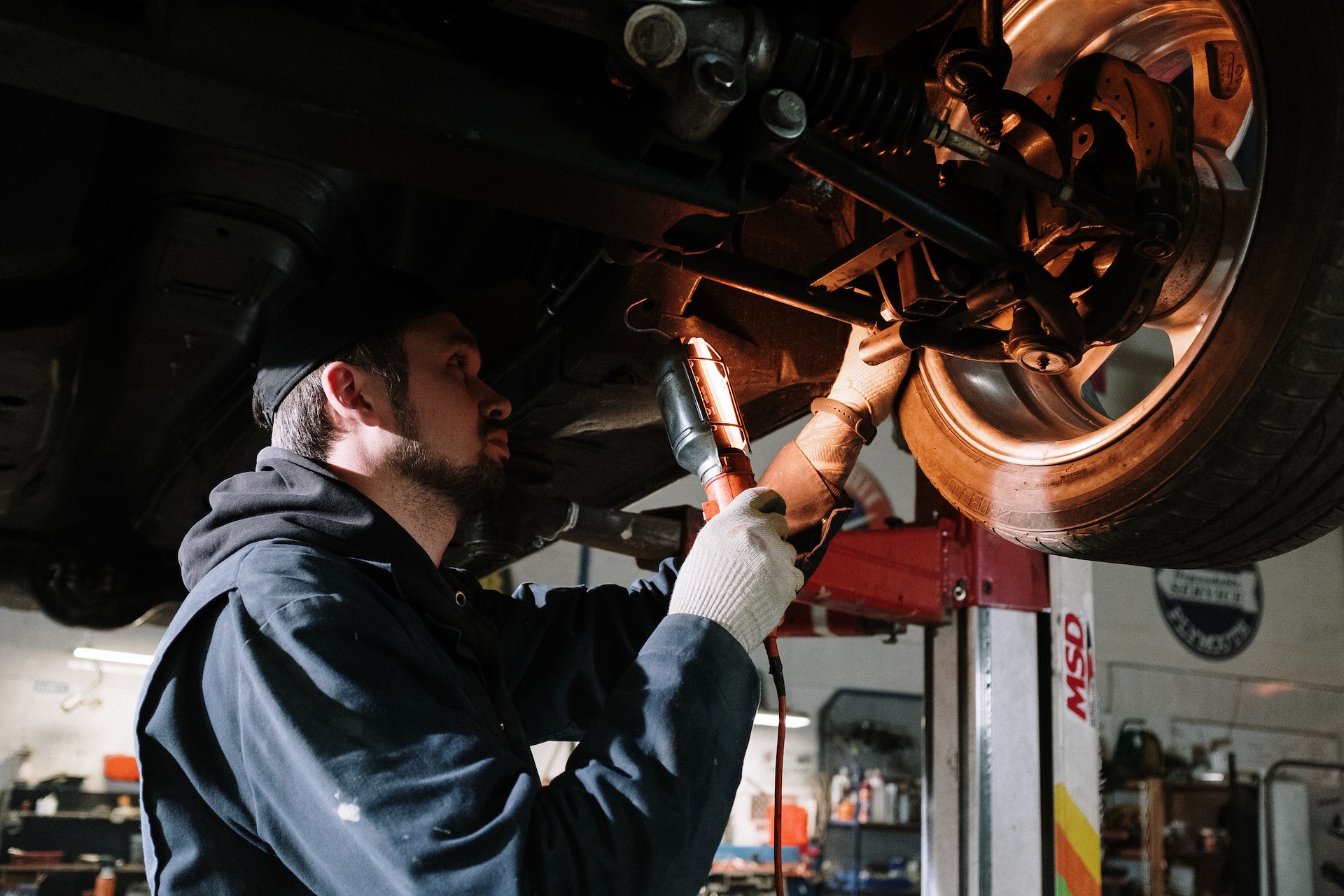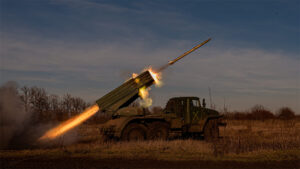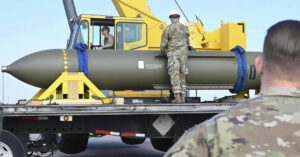If your kids need poster boards for an upcoming school project, you may want to visit the supply store before the autoworkers hit the picket lines. With a strike looming, let’s break down the economic and political consequences.
An autoworker strike – even if it’s short – could disrupt the largest manufacturing sector in the US and potentially send us into a recession. If the economic threat wasn’t significant enough, the unions are also gaining political influence and acting more like swing voters as the availability of labor decreases.
These ongoing negotiations and potential strikes are all part of the evolving political and economic American landscape. Whichever political party can gain the union’s favor will reap the benefits of a boost in overall influence.
Here at Zeihan On Geopolitics we select a single charity to sponsor. We have two criteria:
First, we look across the world and use our skill sets to identify where the needs are most acute. Second, we look for an institution with preexisting networks for both materials gathering and aid distribution. That way we know every cent of our donation is not simply going directly to where help is needed most, but our donations serve as a force multiplier for a system already in existence. Then we give what we can.
Today, our chosen charity is a group called Medshare, which provides emergency medical services to communities in need, with a very heavy emphasis on locations facing acute crises. Medshare operates right in the thick of it. Until future notice, every cent we earn from every book we sell in every format through every retailer is going to Medshare’s Ukraine fund.
And then there’s you.
Our newsletters and videologues are not only free, they will always be free. We also will never share your contact information with anyone. All we ask is that if you find one of our releases in any way useful, that you make a donation to Medshare. Over one third of Ukraine’s pre-war population has either been forced from their homes, kidnapped and shipped to Russia, or is trying to survive in occupied lands. This is our way to help who we can. Please, join us.
Transcript
Hey everybody. Peter Zeihan here coming to you from above Spanish Square in New Orleans. And it is the 13th of September. And the big news that is not a 747. Well, that’s kind of fun. The big news is when you see this tomorrow, we will be within hours of a potential autoworkers strike, the first one of significance in decades and potentially a very economically and especially politically consequential one.
Let’s start with the economics. Manufacturing is not one of the huge sectors. The United States, we’re much more of a services country, but manufacturing of automobiles is the single largest subcomponent. So the autoworkers are threatening to strike if they don’t get their way, which could take the largest section of manufacturing offline, which would have massive economic ramifications if they were to strike for as little as three weeks.
It would be more than enough to throw the United States into a recession from the quarter and considering that this quarter, we’re probably going to see economic growth north of 5%, which is almost unheard of for an advanced country. The economic impact obviously would be huge. The impact on specific types of automotive could be particularly bad. A lot of American automakers are attempting to launch new EV lines, and this was supposed to be the year that all of it hit the market and this would just stop it in its tracks.
So I can’t tell you whether the strike is going to happen. They’re asking for more than a one third increase in pay, but the damage they could do, the economy would be immense. So kind of even odds there. But in terms of, well, it’s there’s some sort of party going over there because, of course, it’s New Orleans. And it doesn’t matter that it’s only Wednesday.
Anyway, let’s talk politics now. For the last several decades, unions have been part of the Democratic coalition, and they’ve kind of been the economic core of that coalition. The people within the coalition who can do math, if that’s an easier way to think of it. However, they feel fairly put upon under Clinton, the Democrats shifted to the right on economic issues, especially especially on issues such as globalization, which led to a steady decline in union membership.
And as NAFTA took hold, a lot of union jobs vanished into Mexico and as manufacturing then expanded in value added terms in the United States. Most of the new jobs in manufacturing and auto went to places that were not union states, most notably Kentucky, Tennessee, Alabama and especially Texas. So when you’re looking at what’s been happening with trade and with the reshoring of trade, unions really haven’t benefited from about at all.
And that’s part of the reason why unions are no longer really functionally part of the Democratic coalition. Donald Trump was very effective at bringing them over to his side during his term. Joe Biden has been partially successful in bringing them back, but it’s best to think of them as swing voters right now. And this is something we’re just going to have to get used to.
The fact that the unions are becoming more of a linchpin in the American political process and not just because they’re in the wind right now, but it’s a lot of votes in the world were evolving into in the country. The United States is evolving into. There are not enough workers. The boomers are the largest generation we’ve ever had.
The extras that are replacing them at the top of the pyramid of worker skills have a lower worker participation rate, and the new generation coming in are the zoomers, and they’re the smallest generation we’ve ever had. So we’re looking at a significant reduction in the availability of labor writ large in the system. And in that sort of environment, you would expect organized labor or just labor in general to have more and more pricing power and more and more political power.
And that’s before you consider that the problems in East Asia and the problems in Western Europe suggest that if the Americans still want stuff, autos or otherwise, we’re going have to double the size of the industrial plant. That’s going to take a lot of workers. That’s going to take a lot of blue collar workers. Exactly the sort of workers that are more likely to unionize than not.
So what we’re going through today, what we’re likely to be going through through the next few weeks as these negotiations drag on. Don’t think of it as aberration. This is now part and parcel of the American economic and political experience, and whichever party the unions ultimately fall in are going to have a significant increase in their overall fall.
But in American life, the end.








